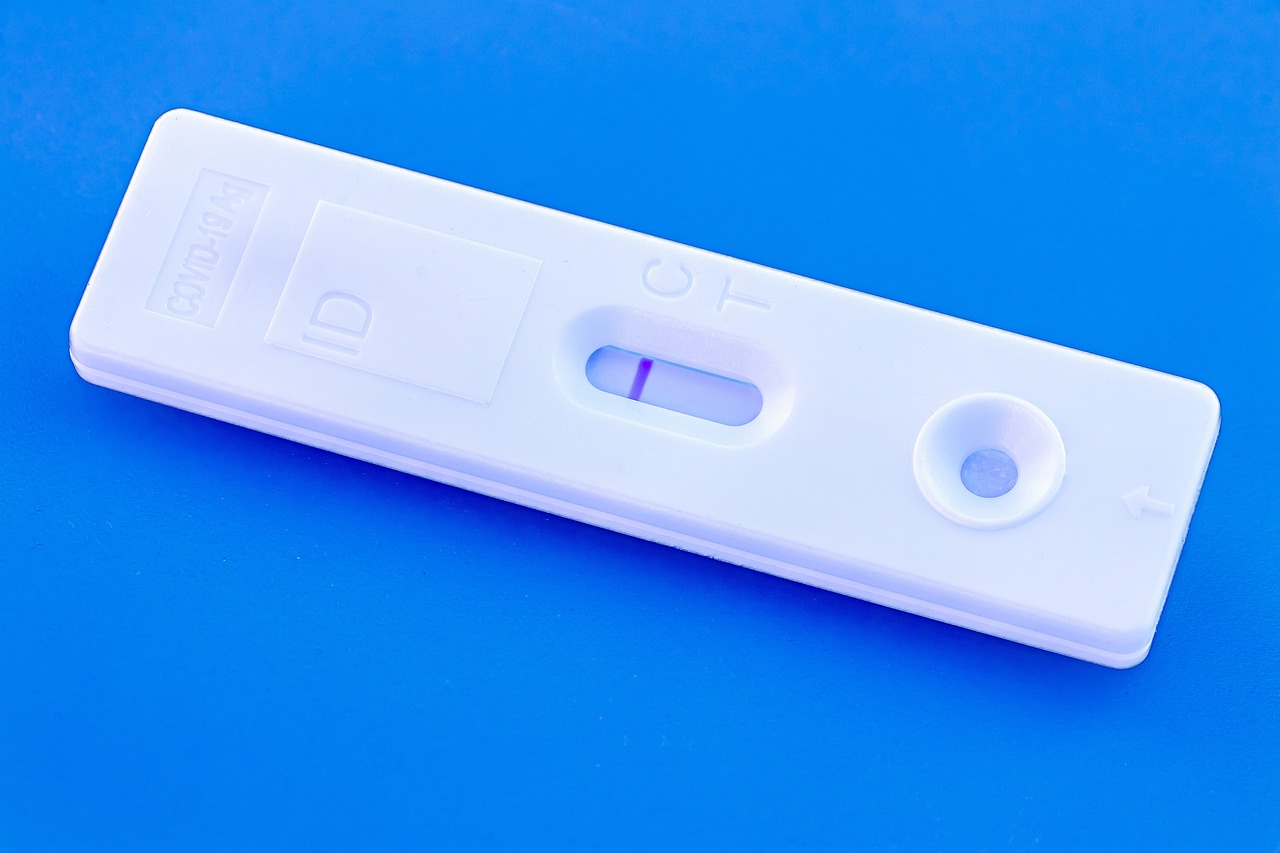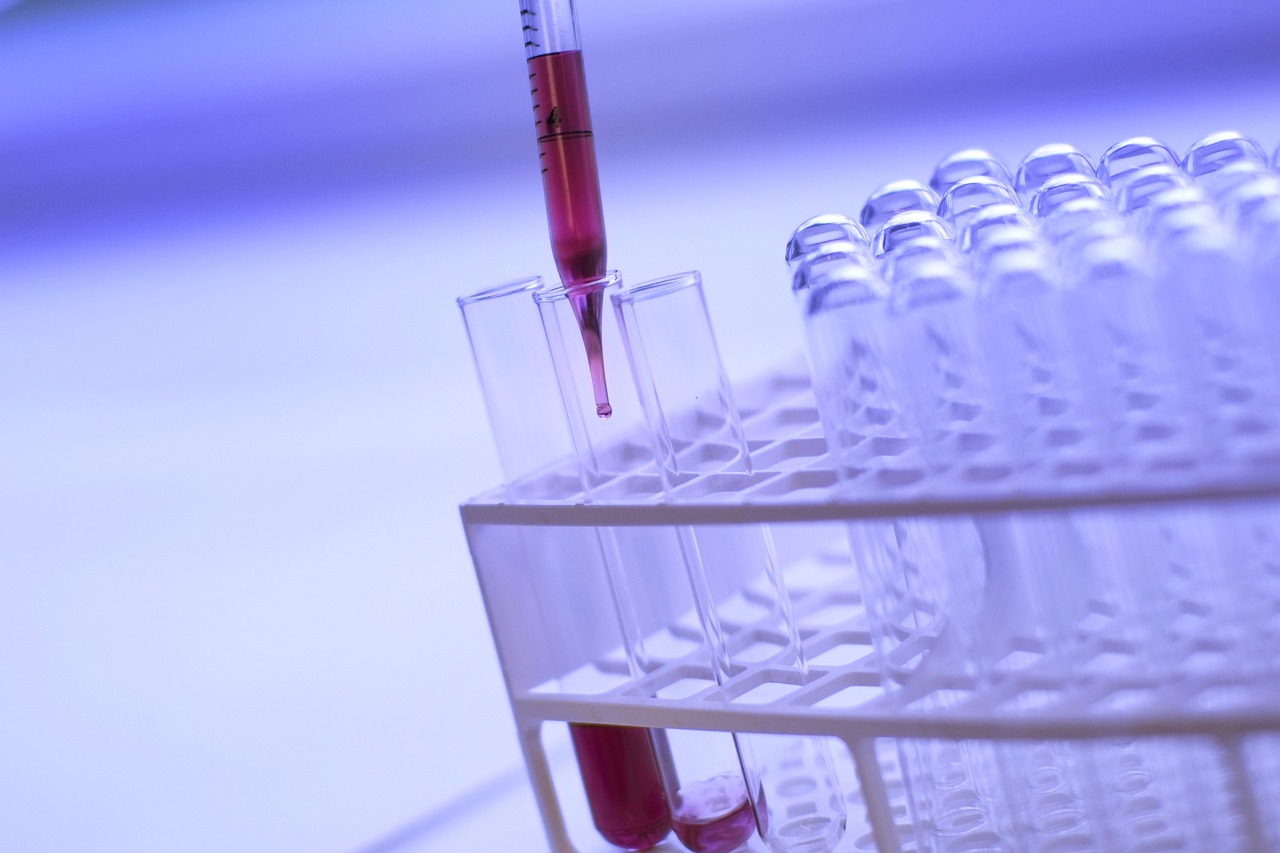When it comes to the burning question of how early one can take a pregnancy test after engaging in unprotected sex, the timing can be crucial. Understanding the intricacies of pregnancy tests and their reliability is essential for accurate results. Let’s dive into the world of pregnancy testing to unravel the mysteries surrounding this sensitive topic.

Understanding Pregnancy Tests
When it comes to understanding pregnancy tests, it’s essential to grasp the different types available and how they function to detect pregnancy hormones accurately. These tests work by identifying the presence of human chorionic gonadotropin (hCG) hormone in a woman’s urine or blood, signaling the beginning of pregnancy. By detecting this hormone, pregnancy tests can provide reliable results within minutes.
There are two main types of pregnancy tests: urine tests and blood tests. Urine tests are commonly used at home and are convenient and cost-effective. On the other hand, blood tests, performed at a healthcare provider’s office, are more sensitive and can detect pregnancy earlier than urine tests. Understanding the differences between these tests can help individuals choose the most suitable option for their situation.
Additionally, knowing when to take a pregnancy test is crucial for obtaining accurate results. While some tests claim to provide early detection, it’s recommended to wait until after a missed period for the most reliable outcome. Taking a test too early may result in a false negative, leading to confusion and disappointment. Therefore, following the instructions provided with the test kit and waiting for the appropriate time can increase the chances of obtaining an accurate result.

When to Take a Pregnancy Test
When considering , timing is crucial for obtaining accurate results. It is recommended to wait until after you have missed your period to achieve the most reliable outcome. However, some early detection pregnancy tests claim to provide results even before a missed period. These tests can be taken as early as 7-10 days after unprotected sex, but keep in mind that the accuracy may vary.
Factors such as the sensitivity of the test and the levels of pregnancy hormones in your body can affect the reliability of the results. Waiting until after a missed period reduces the chances of receiving a false negative result. If you take a test too early, there is a higher risk of getting a false negative due to the low levels of hormones present in the early stages of pregnancy.
For those eager to know sooner, early detection tests can offer a glimpse into the possibility of pregnancy before a missed period. However, it is essential to follow up with a second test after your missed period for confirmation. Remember, patience can be your best ally when waiting for the most accurate results.

Early Pregnancy Testing
When it comes to early pregnancy testing, the thrill of anticipation can feel like waiting for a surprise package to arrive. These tests are designed to detect the presence of hCG (human chorionic gonadotropin) hormone in the urine, signaling the potential beginning of a new chapter in life. But how early can you truly take a pregnancy test after engaging in unprotected intimacy?
Early detection pregnancy tests boast the ability to provide results even before a missed period. It’s like being a detective searching for clues before the grand reveal. These tests work by detecting lower levels of hCG, offering a sneak peek into the possibility of pregnancy as early as 6-8 days after conception.
Factors like the sensitivity of the test and the timing of testing play crucial roles in determining the accuracy of early pregnancy results. It’s like trying to solve a puzzle where every piece needs to fit perfectly to reveal the complete picture. The closer you get to the expected period, the more reliable the results tend to be.
For those eagerly awaiting the results of an early pregnancy test, the wait can feel like an eternity. However, patience is key as testing too early can lead to false negatives, leaving you feeling like you’ve missed the mark. Remember, each pregnancy test is like a unique code waiting to be deciphered, so timing is everything in unraveling the mystery of early pregnancy testing.

Factors Affecting Test Accuracy
When it comes to the accuracy of pregnancy tests, several factors play a crucial role in determining the reliability of the results. Understanding these factors can help individuals make informed decisions when taking a pregnancy test. Let’s delve into the key elements that can influence the accuracy of a pregnancy test:
- Timing: The timing of taking a pregnancy test is essential for accurate results. Testing too early or too late can impact the sensitivity of the test and lead to false results. It is recommended to wait until a missed period for the most reliable outcome.
- Test Sensitivity: Different pregnancy tests have varying levels of sensitivity to detect the pregnancy hormone hCG. Some tests can detect lower levels of hCG earlier than others, contributing to their accuracy in early detection.
- User Error: How the test is conducted can also affect its accuracy. Following the instructions provided with the test kit, such as the timing of reading the results and proper urine sample collection, is crucial for obtaining reliable results.
- Medications and Medical Conditions: Certain medications or medical conditions can interfere with the accuracy of a pregnancy test. It is essential to consult a healthcare provider if there are concerns about how these factors may impact the test results.
By being aware of these factors that can influence the accuracy of a pregnancy test, individuals can take the necessary precautions to ensure they receive reliable results. It is always advisable to consult a healthcare professional for further guidance and support in interpreting the test results accurately.

Interpreting Pregnancy Test Results
When it comes to , it’s essential to understand the different outcomes and what they signify regarding your pregnancy status. Whether you see a positive, negative, or invalid result, each carries valuable information that can guide your next steps.
Here are some key points to consider when interpreting pregnancy test results:
- Positive Result: A positive result typically indicates the presence of pregnancy hormones in your body, confirming that you are pregnant. It’s important to follow up with a healthcare provider for further confirmation and to begin prenatal care.
- Negative Result: A negative result may mean that pregnancy hormones are not yet detectable in your system. It’s recommended to wait a few days and retest or consult with a healthcare provider if you suspect pregnancy despite the negative result.
- Invalid Result: An invalid result could occur due to various reasons such as using an expired test, improper testing technique, or a faulty test kit. In such cases, it’s advisable to repeat the test with a new kit following the instructions carefully.
Understanding the nuances of pregnancy test results can provide clarity and peace of mind during this crucial time. Remember, accurate interpretation is key to making informed decisions about your reproductive health.

Seeking Professional Guidance
When it comes to seeking professional guidance regarding pregnancy tests, it is crucial to understand the significance of consulting healthcare providers for accurate confirmation and support. These professionals are equipped with the knowledge and expertise to interpret test results effectively and provide the necessary guidance based on individual circumstances.
By seeking professional guidance, individuals can receive personalized advice tailored to their specific situation. Healthcare providers can offer valuable insights into the potential implications of a positive or negative test result, as well as provide information on next steps and available resources for further support.
- Healthcare providers can conduct additional tests to confirm pregnancy and monitor early stages of development.
- They can offer counseling services to address any emotional or psychological concerns related to pregnancy.
- Professional guidance can also include discussions on prenatal care, nutrition, and overall well-being during pregnancy.
Moreover, consulting a healthcare provider can help individuals navigate any uncertainties or questions they may have about the pregnancy testing process. It is essential to remember that professional support plays a vital role in ensuring a smooth and informed journey towards understanding one’s pregnancy status.
Ultimately, seeking professional guidance not only provides clarity and reassurance but also establishes a foundation of care and support for individuals embarking on the pregnancy testing journey. Healthcare providers are invaluable resources in guiding individuals through this significant phase of life, offering expertise, empathy, and a personalized approach to healthcare.